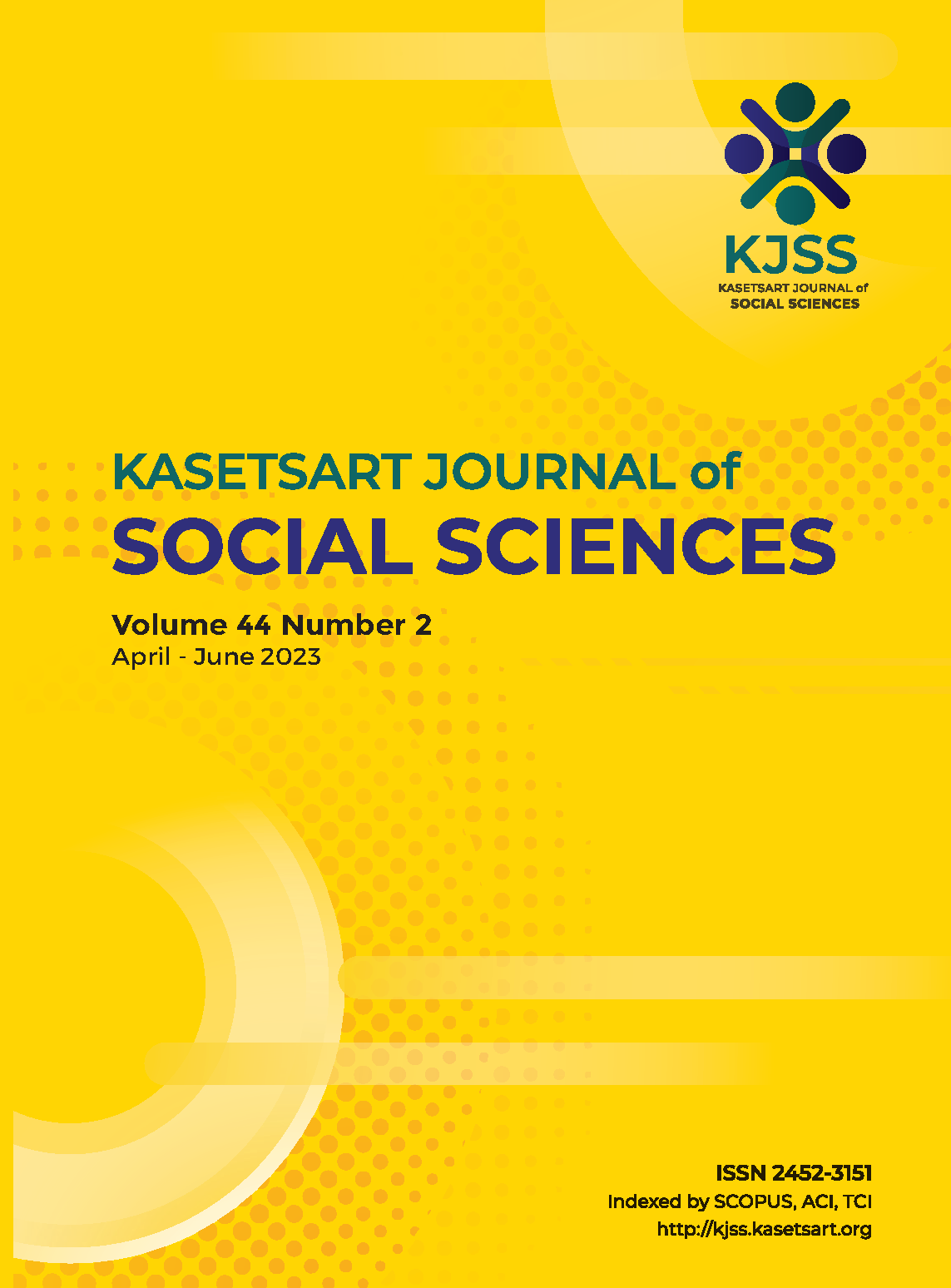Synchronous or Asynchronous? teachers’ preferences in online classes during the pandemic
Keywords:
Asynchronous, delivery modes, EFL teachers, preferences, SynchronousAbstract
The growth of Covid-19 over the past two years has driven people to transition from offline to online mode of learning. This study aims to investigate EFL teachers’ preferences in and reasons for their online delivery mode during the COVID-19 pandemic. Thirteen English teachers in the town of Purwokerto, Central Java Province, Indonesia participated in this study. The data were collected via closed questionnaires and semi-structured interviews. The quantitative data were analyzed using the descriptive statistics, while the qualitative data were analyzed using a thematic approach. According to the current study, 30.8 percent of the teachers preferred synchronous delivery mode in their online class, while all the rest chose asynchronous delivery mode through WhatsApp Group in their teaching. That majority of teachers favored asynchronous delivery mode for any of the following reasons: (1) practicality; (2) flexibility;
and (3) effectiveness. The latter-mentioned seems the most exciting and is promising with respect to results of previous studies. Then, recommendations are put forward here related to results of the current study. It is a good idea to decide how to blend both asynchronous and synchronous delivery modes in order to generate the best impact on the students’ EFL learning. In addition, it is suggested that teachers in the field of EFL education refer to well-developed asynchronous lessons to be applied in the new normal era.
Downloads
Published
How to Cite
Issue
Section
License

This work is licensed under a Creative Commons Attribution-NonCommercial-NoDerivatives 4.0 International License.
This is an open access article under the CC BY-NC-ND license http://creativecommons.org/licenses/by-nc-nd/4.0/










